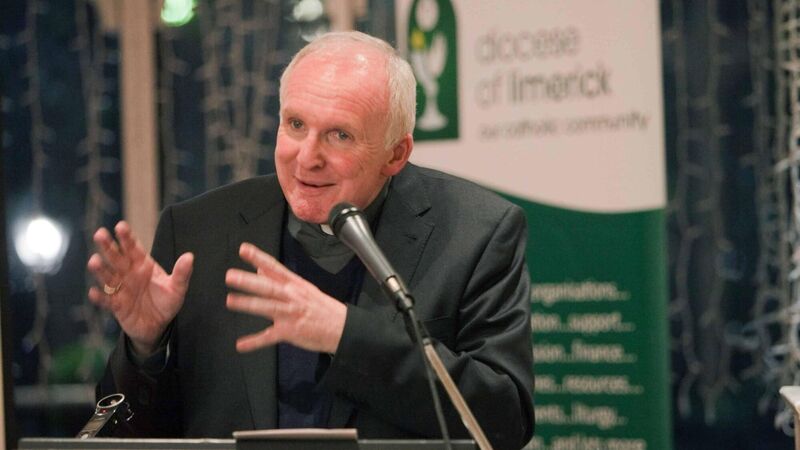Limerick bishop refuses to say if he would ordain women priests despite strong support

Bishop Brendan Leahy said he has huge respect for women, but was unwilling to say if they should be priests.
The Bishop of Limerick has refused to say if he would ordain a woman priest and said it is not necessarily a solution to the issues affecting the Catholic Church.
Bishop Brendan Leahy's comments come as a church survey showed the majority of practising Catholics in Ireland support the ordination of women as priests as well as a call for more respect for LGBTQ+ people.













